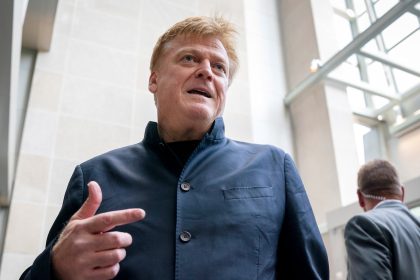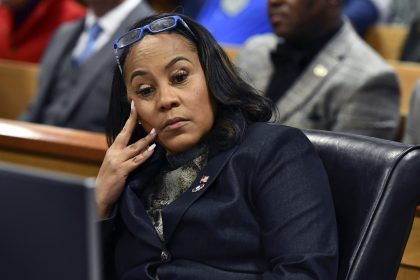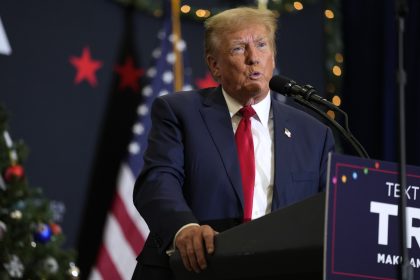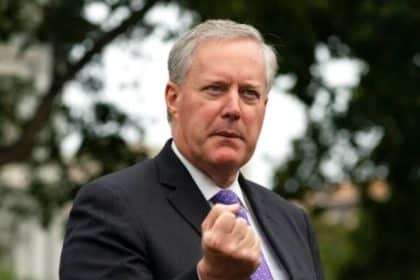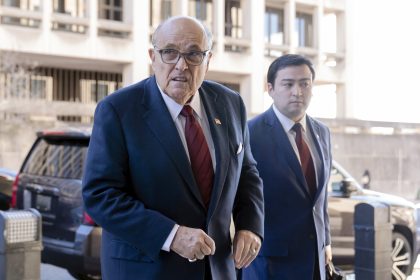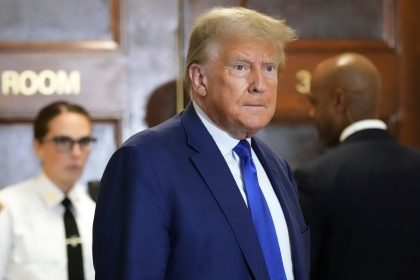Report Suggests Native Americans Would Be Disenfranchised With All-By-Mail Vote
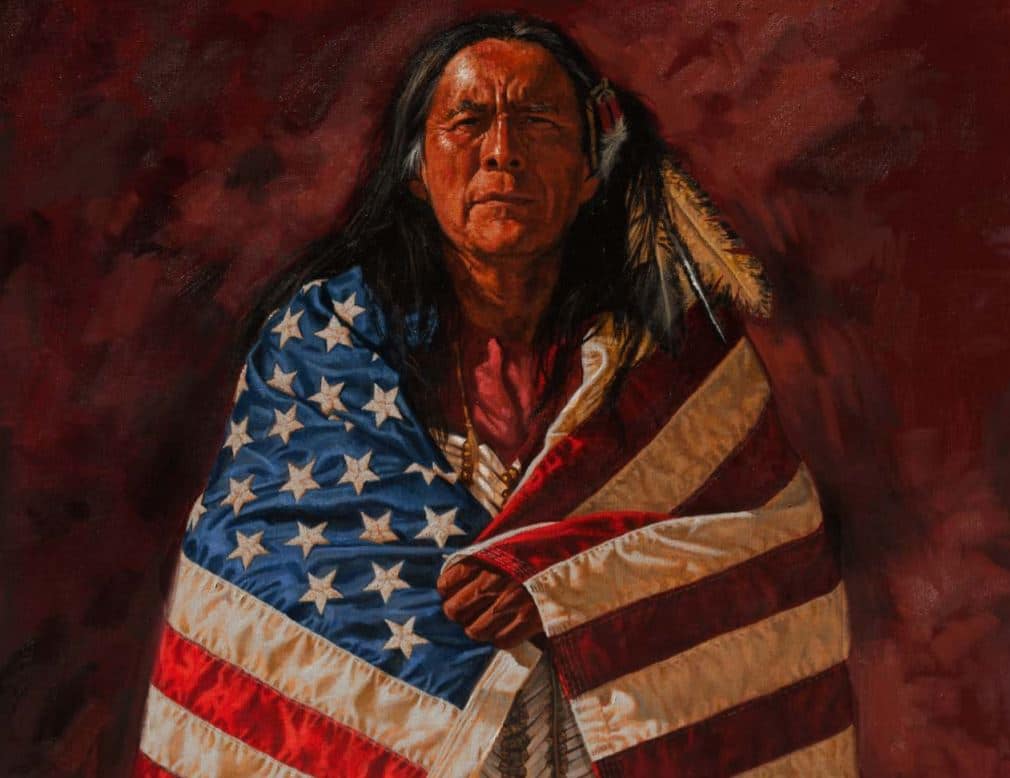
WASHINGTON – A switch to all-by-mail voting ahead of the 2020 general election would disenfranchise Native Americans because it would be impossible for some of them to cast a ballot that way, the Native American Rights Fund says in a new report.
Entitled, “Obstacles at Every Turn: Barriers to Political Participation Faced by Native American Voters,” suggests online registration would be impossible in some communities due to spotty or absent internet service and that ballots would be delivered to rarely-checked post office boxes.
“We’re all for increased vote by mail,” Jacqueline De Leon, a staff attorney with the group, told the Associated Press.
“We’re absolutely against all vote-by-mail. If there are no in-person opportunities, then Native Americans will be disenfranchised because it will be impossible for some of them to cast a ballot,” she said.
While a few states have long automatically mailed ballots to every one of their eligible voters, a number of other states are either considering or definitively moving toward some kind of mail-in voting regime, due to the coronavirus pandemic.
But according to the 176-page report, Native Americans will likely be reluctant to embrace such a system because of cultural, historical, socioeconomic and language barriers.
Statistics from the National Congress of American Indians, the oldest and largest Native American rights organization in the country, appear to bear out this contention.
More than one-third of voting-age Native Americans — or 1.2 million people — aren’t registered to cast a ballot, the NCAI data suggests.
The report is a result of field hearings held in North Dakota, Wisconsin, Arizona, Oregon, California, Oklahoma, New Mexico, California and the Navajo Nation in 2017 and 2018.
The Native American Rights Fund plans to use the findings to develop policy, suggest legislative or regulatory action and promote voting rights in Indian Country.
As the November elections approach, the Fund and other Native American rights advocates are urging states to allow voting early, curbside, and at mobile voting stations to reduce crowding.
They also want officials to designate hours for voters who are vulnerable to the coronavirus, enact social distancing and provide protective equipment for poll workers.
Native Americans did not become U.S. citizens until 1924, with the passage of the Indian Citizenship Act. Even after the Act went into effect, a number of states continued to prevent them from voting, arguing that they did not pay taxes, were under guardianship of the U.S. and therefore were incompetent to vote, were not literate in English, and too closely tied to tribal culture to be citizens of the states in which they lived.
The passage of the Voting Rights Act in 1964 had the effect of bringing voting rights to Indian Country and Native Americans responded by challenging many of those barriers in court.
Since that time, the report says, Native Americans have won or settled 86 election-related lawsuits. Among those were challenges over redistricting in Utah, voter ID requirements in North Dakota and language assistance for Alaska Native villages.
The coronavirus pandemic has highlighted inequities in tribal communities, including access to running water, health care and housing. Those disparities won’t improve without electing people to office who understand them, the report said.
The report highlighted some successes in New Mexico where the secretary of state created a Native American task force to tackle inequalities and to include Natives in making election-related decisions.
It also pointed to Washington state where tribal members can use a system of tribally designated buildings to register to vote, and pick up and drop off ballots while polls are open.
Advocates are now urging Congress to mandate that polling places be located on reservations to cut down on the distance tribal members must travel to vote, prepaid postage for mail-in ballots and the acceptance of tribal IDs.
“The irony is if you don’t participate, it will never be your system. It’s a matter of knocking down those structural barriers. If it’s easier to vote, they are going to vote,” De Leon said during her AP interview.


















